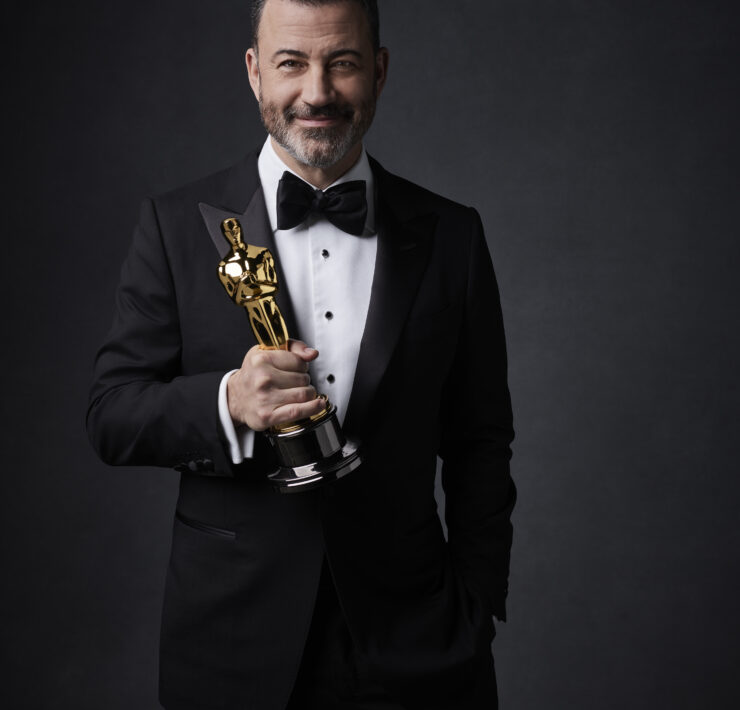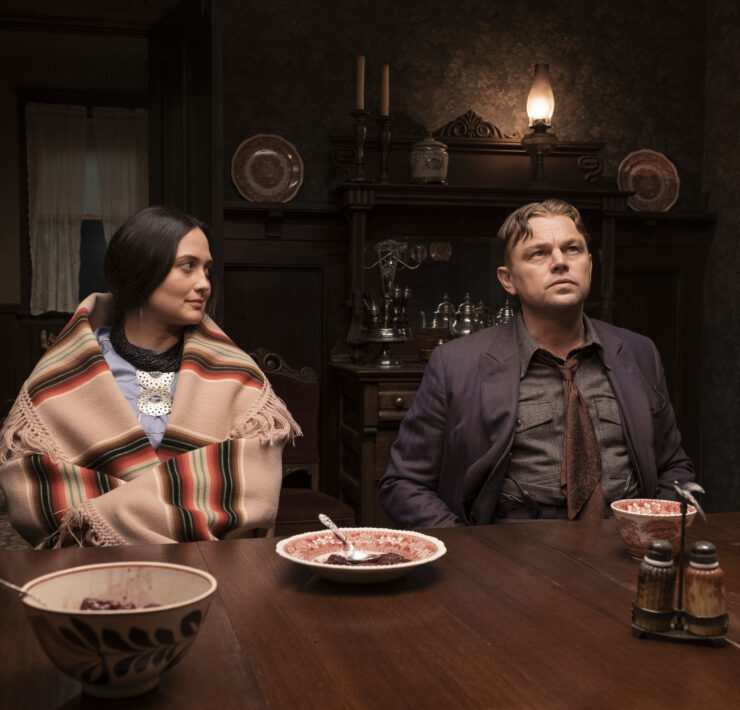Movie Review: ‘Bob Marley: One Love’ Isn’t Revolutionary Enough of a Film to Tell the Story of a Revolutionary Like Marley

Julie River is a Denver transplant originally from Warwick, Rhode…
Rating: 42/100.
Fans of the beloved and revolutionary reggae artist Bob Marley have waited for years to see a biopic made about the singer’s life. Their wishes have finally been granted with Bob Marley: One Love, a film that tells the story of Marley’s life and music. The film is directed and co-written by Reinaldo Marcus Green who directed the 2021 biopic King Richard about Richard Williams, the father of Venus and Serena Williams. King Richard was nominated for Best Picture at the 94th Academy Awards and won Will Smith the Oscar for Best Actor shortly after his controversial actions at that ceremony. So with, a director like Green behind the film, does One Love do justice to the legendary singer?
The first red flag that should tell you that something is wrong with this film is that it’s a biopic released during awards season that was directed by someone whose last film was up for Best Picture and, astonishingly, it has been nominated for zero awards. The Academy loves biopics like this, and if it had really lived up to the icon it portrays, it would certainly have received at least a few nominations. So what went wrong, exactly?
The film strangely chooses to skip over Marley’s (Kingsley Ben-Adir) childhood and rise to fame and picks up when he’s already Jamaica’s biggest music star, choosing instead to tell Marley’s backstory through a series of confusing flashbacks peppered throughout the film. When the movie starts, Jamaica is torn apart by sectarian violence, and Marley is planning a unity concert known as “Smile Jamaica” that he hopes will help bring peace to the nation.
While rehearsing for the concert, gunmen invade Marley’s home and shoot Marley, his wife Rita Marley (Lashana Lynch), and manager Don Taylor (Anthony Welsh), all of whom sustain significant injuries but survive. Marley retreats to England, where he starts working on his landmark album Exodus, making him an even bigger star and launching him to greater stardom around the world.
Ben-Adir, whom I’ve been a fan of since his appearance in Hulu’s adaptation of High Fidelity, puts on a stunning performance as the reggae superstar. Had the film had a stronger script, he certainly would have been in conversations about a Best Actor nomination. Unfortunately, the movie needed to be truly revolutionary to be able to tell the story of a revolutionary like Bob Marley, and it doesn’t even come close.
The film never quite finds the emotional depth to fully portray Marley as a character, and it doesn’t take enough risks to pull off the nuance of who he really was. In many ways, the movie is emotionally one-note, making Marley out to be a saint and focusing on his message of peace and unity, robbing him of any real character arc. By the time the movie starts to dip into some of the uglier sides of Marley’s personality, including fights he gets into with both his wife and his manager, it feels like far too little too late.
Similarly, as a queer person, it’s a little difficult to see the glorification of the Rastafarian religion in a major motion picture. While there are certainly positive messages within the religion, queer people know all too well that the religion’s attitudes towards homosexuality and gender roles are deeply archaic and problematic.
Marley died in 1981, meaning he would have been alive when the Stonewall Riots propelled gay rights into a national spotlight but before the AIDS crisis really started to make homosexuality a common household issue. Therefore, Marley never made any public statements about the LGBTQ+ community in his lifetime that I’m aware of. Still, notable Rastas since Marley’s death, such as the Rastafarian punk group Bad Brains, have expressed deeply hateful views about homosexuality because of their spiritual beliefs, reminding us of what the religion thinks about queer people.
Still, because Marley had no public position on the LGBTQ+ community, the film manages to avoid an elephant in the room and skirts the issue of Rastafarianism’s attitudes towards homosexuality entirely. But, at the same time, it also fails to turn a critical eye towards the religion’s attitudes on gender roles, which is absolutely something that it had a responsibility to address. The vague undertones of misogyny just barely come to the surface in Marley’s relationship with his wife. But, for the most part, the religion’s positive aspects are held up as laudable while the darker underbelly of Rastafarianism are largely ignored.
That aside, Marley was mostly known for his message of unity and love, which the film gets across. But Marley was also a revolutionary, a rebel poet, and a complicated man with more flaws than Bob Marley: One Love is willing to attribute to him. This needed to be an emotionally raw, unapologetic, and unflinching portrayal of Marley’s life to really do justice to the historical figure himself, and the film is sadly none of those things. While we finally have a biopic about the life of Bob Marley, it barely skims the surface of the musician’s life and fails to make him into a three-dimensional character with any real emotional depth.
Bob Marley: One Love opens in theaters everywhere tomorrow. Check the official website for showtimes near you.
Photo courtesy of social media
What's Your Reaction?
Julie River is a Denver transplant originally from Warwick, Rhode Island. She's an out and proud transgender lesbian. She's a freelance writer, copy editor, and associate editor for OUT FRONT. She's a long-time slam poet who has been on 10 different slam poetry slam teams, including three times as a member of the Denver Mercury Cafe slam team.










